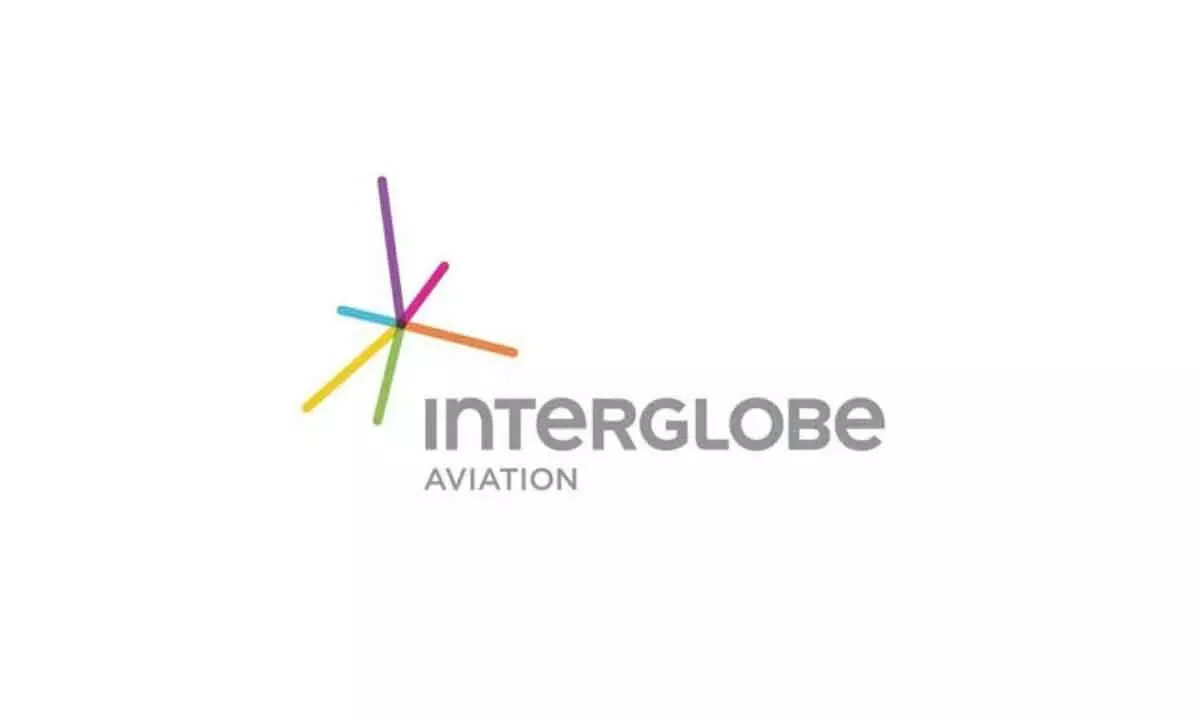InterGlobe Aviation Ltd: Buy Amidst Turbulence to Fly Higher

The aviation industry in India has seen numerous failures, with several airlines including Vayudoot, Modiluft, Damania, East West, Sahara, Air Deccan, Jet Airways, Kingfisher, and Go First going under. However, **InterGlobe Aviation**, operating under the IndiGo brand, has successfully defied the odds. Today, it stands tall as India’s largest and most profitable airline, making it a compelling investment opportunity.
Our Initial Recommendation and Its Success
We first advised buying shares of InterGlobe Aviation back in November 2017. Despite the challenges of the COVID-19 pandemic, which grounded flights globally, we maintained our stance. An investment of ₹1 lakh at that time would have grown to ₹3.5 lakh, demonstrating a compounded growth rate that far outpaced the market.
During this six-year period, the airline’s **financial metrics soared
- Revenue increased by 4x
- Profit after tax grew by 3x
- Fleet size surged from 136 aircraft to 410
- Domestic destinations expanded from 46 to 88, while international destinations increased from 7 to 34
- Market share rose from 41% to a dominant 62.5%
A New Buying Opportunity in InterGlobe Aviation
Currently, InterGlobe’s stock has dropped by 22% from its 52-week highs, marking a six-month low. This decline was triggered by an unexpected quarterly loss in Q2 FY25. However, a deeper analysis shows that the company’s core fundamentals remain strong. The dip in share price offers a rare buying opportunity for long-term investors looking to capitalize on a robust growth trajectory.
Understanding the Q2 FY25 Loss
InterGlobe faced several operational headwinds in Q2 FY25, including:
1. Engine Groundings: Over 70 aircraft were grounded due to engine issues, severely impacting capacity.
2. Higher Lease Costs: To maintain operations, the airline leased additional aircraft, escalating rental costs by 4x.
3. Increased Fuel Costs: Airport congestion and higher VAT rates drove up expenses. These factors caused EBITDAR margins to shrink from **16.4% to 14.3%**, leading to a ₹987 crore loss — its first quarterly loss in two years.
Why This is a Temporary Hiccup?
The company’s management has highlighted that the situation is improving:
The number of grounded aircraft has reduced from mid-70s to **high 60s**, with expectations of further reduction to sub-60 by end of 2024.
As these grounded planes return to service, InterGlobe will lease fewer aircraft, which will significantly reduce rental costs.
Expanding Internationally: The Next Growth Frontier
InterGlobe’s international strategy is a key pillar for its future growth. With a **28% market share in international flights**, the airline aims to increase this to 30% by the end of FY25. New routes such as Jaffna, Mauritius, Penang, and Langkawi highlight its aggressive expansion plans.
The order of 30 Airbus A350 wide-body aircraft and purchase rights for an additional 70 is set to boost its international capacity. These planes promise up to 25% fuel savings**, enhancing cost-efficiency on long-haul routes.
Defending Its Market Leadership against Rising Competition
InterGlobe faces increasing competition from Air India, now backed by the Tata Group, which has ordered a massive **495 aircraft**. In response, InterGlobe placed an even larger order for **500 narrow-body Airbus planes**, increasing its total order book to **942 aircraft**. This fleet expansion, scheduled between 2030 and 2035, will help maintain its market dominance.
However, challenges remain. Domestic competitors like Akasa Air, Air Kerala, Alhind Air, and Fly91, along with Middle-Eastern airlines, are vying for market share. Despite these threats, India’s aviation market remains one of the fastest-growing globally, with domestic capacity nearly doubling from 8 million to 15.6 million passengers by April 2024.
Key Risks to Monitor
While InterGlobe has a strong track record, investors should be aware of potential risks:
Rising Competition: Both domestic and international players are aggressively expanding in the Indian market.
Economic and Geopolitical Risks: Fluctuations in crude oil prices, driven by geopolitical tensions, can significantly impact airline profitability.
External Market Factors: The demand for air travel is closely tied to the economic environment. A downturn could dampen growth prospects.
The Bottom Line: A Long-Term Bet on Indian Aviation Growth
The recent share price drop should be viewed as an opportunity for investors to buy into India’s most profitable airline. The company’s proactive measures to resolve operational issues, aggressive international expansion, and strategic fleet additions position it well for future growth. While risks such as crude price volatility and rising competition exist, InterGlobe’s strong fundamentals and proven resilience make it a solid bet for the long haul.
Also Read: Kaveri Seeds: A Compelling Buy for Long Term
Who Should Invest in InterGlobe Aviation?
Growth-Oriented Investors: Those looking to capitalize on the booming Indian aviation market, supported by rising disposable incomes and increased air travel aspirations.
Long-Term Investors: Individuals who can withstand short-term volatility for potential long-term rewards.
Who Should Avoid This Investment?
Conservative Investors: If you prefer steady businesses with consistent dividends, such as FMCG or tech stocks, InterGlobe may not align with your investment strategy.
Investors Averse to Volatility: The aviation industry is inherently sensitive to external factors, making it less suitable for risk-averse investors.
Volatility Check: Lower Than Market Average. With a beta of 0.91InterGlobe’s stock is less volatile than the broader market. This implies relatively fewer sharp price movements, even during market fluctuations.
Conservative Investors: If you prefer steady businesses with consistent dividends, such as FMCG or tech stocks, InterGlobe may not align with your investment strategy.
Investors Averse to Volatility: The aviation industry is inherently sensitive to external factors, making it less suitable for risk-averse investors.
Volatility Check: Lower Than Market Average
Disclosure
The author, Ekramul Haque, and the advisory firm, Independent Advisors Private Limited, do not hold shares in InterGlobe Aviation as of the date of this publication.
This reimagined analysis offers a fresh, SEO-friendly take on InterGlobe Aviation, emphasizing its strategic growth initiatives and addressing the key investment considerations in today’s context.



